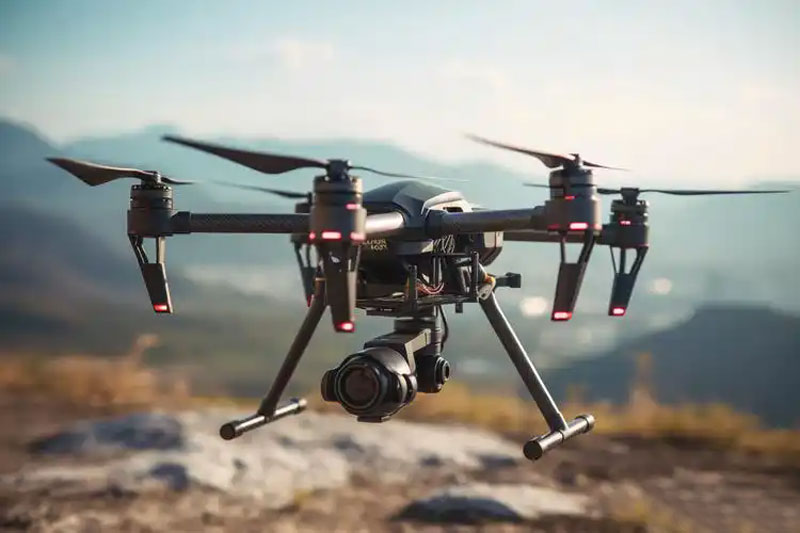Mastering FAA Part 107: A Comprehensive Guide to Drone Certification Success
The FAA Part 107 drone certification is essential for anyone looking to operate drones commercially in the United States. If you’re an aspiring drone pilot eager to take your skills to the next level, understanding the nuances of the Part 107 regulations is vital. This guide aims to demystify the process, providing insights, tips, and strategies to ensure you succeed in obtaining your drone certification.
Understanding the Basics of FAA Part 107
To begin with, FAA Part 107 sets forth the rules for the qualification and operation of small unmanned aircraft systems (sUAS) under 55 pounds. The certification not only allows you to fly a drone commercially but also ensures you’re knowledgeable about airspace restrictions, weather effects, maintenance, and other operational procedures critical to safe drone operations.
Eligibility and Requirements
The key eligibility criteria for obtaining the Part 107 certification include being at least 16 years old, having a good command of the English language, and passing the FAA Aeronautical Knowledge Test. Moreover, individuals should be in a physical and mental condition adequate to safely operate a drone.

The Aeronautical Knowledge Test: A Closer Look
The FAA Aeronautical Knowledge Test is the most significant hurdle in obtaining your Part 107 certification. It’s crucial that you prepare thoroughly; covering topics such as airspace classifications, aviation weather sources, UAV performance, and navigation. Investing time in practice tests and study guides specifically tailored for the FAA Part 107 drone exam will greatly enhance your chances of success.
Furthermore, understanding sectional charts and the ability to interpret them correctly is vital. The test will also assess your ability to make judgment calls in different flying conditions, ensuring safety and compliance with FAA standards.

Studying Effective Materials
Leveraging comprehensive study materials is indispensable. There are numerous online resources, including courses and FAA’s official website, that provide substantial information and practice opportunities. Videos, tutorials, and interactive quizzes can also help solidify your understanding of complex topics.
Practical Tips for Passing the Test
- Develop a Study Plan: Consistency is key. Set aside regular intervals for study and stick to your schedule.
- Utilize Practice Tests: Regular practice tests not only familiarize you with the format but also highlight areas that need more attention.
- Join Study Groups: Engage with fellow drone enthusiasts through study groups or forums. Sharing insights and complex concepts can be crucial.
- Stay Updated: Regulations can change. Keep abreast of any updates from the FAA to ensure comprehensive knowledge.
Post-Certification: What’s Next?
After successfully acquiring your FAA part 107 drone certification, the opportunities are vast and diverse. Many industries, ranging from photography and agriculture to real estate, utilize drone technology for various projects. Your certification is not just a piece of paper; it’s a door to myriad professional possibilities.
Remember, regular updates and refresher courses are essential to maintain proficiency and adhere to the laws governing drone operation. Also, be aware of local legislation since they can differ significantly from federal regulations.
FAQs
- What happens if I fail the FAA Aeronautical Knowledge Test?
- Don’t be discouraged. You can retake the test after 14 days. Use this time to review areas where you struggled.
- Is the Part 107 certification valid indefinitely?
- No, the Part 107 certification requires renewal every two years, where you’ll need to pass a recurrent knowledge test to maintain proficiency.
- Can a certified pilot lose their certification?
- Yes. Certification can be revoked or suspended if regulations are violated. It is crucial to follow all FAA guidelines and regulations meticulously.
Embarking on a journey to master FAA Part 107 drone operations opens new avenues of professional development and personal achievement. Equip yourself thoroughly, and you’ll find that the sky is not the limit but just the beginning.
